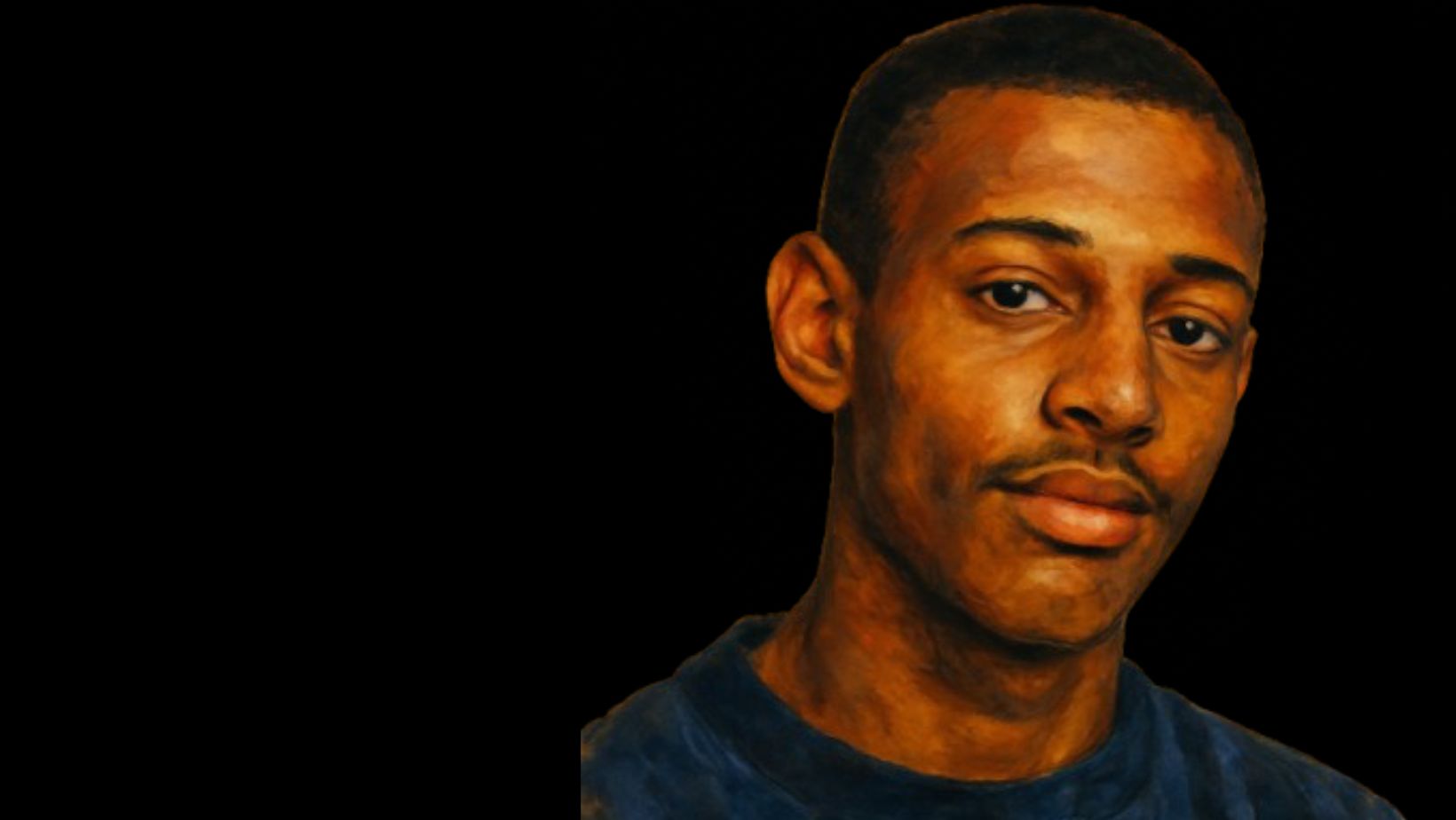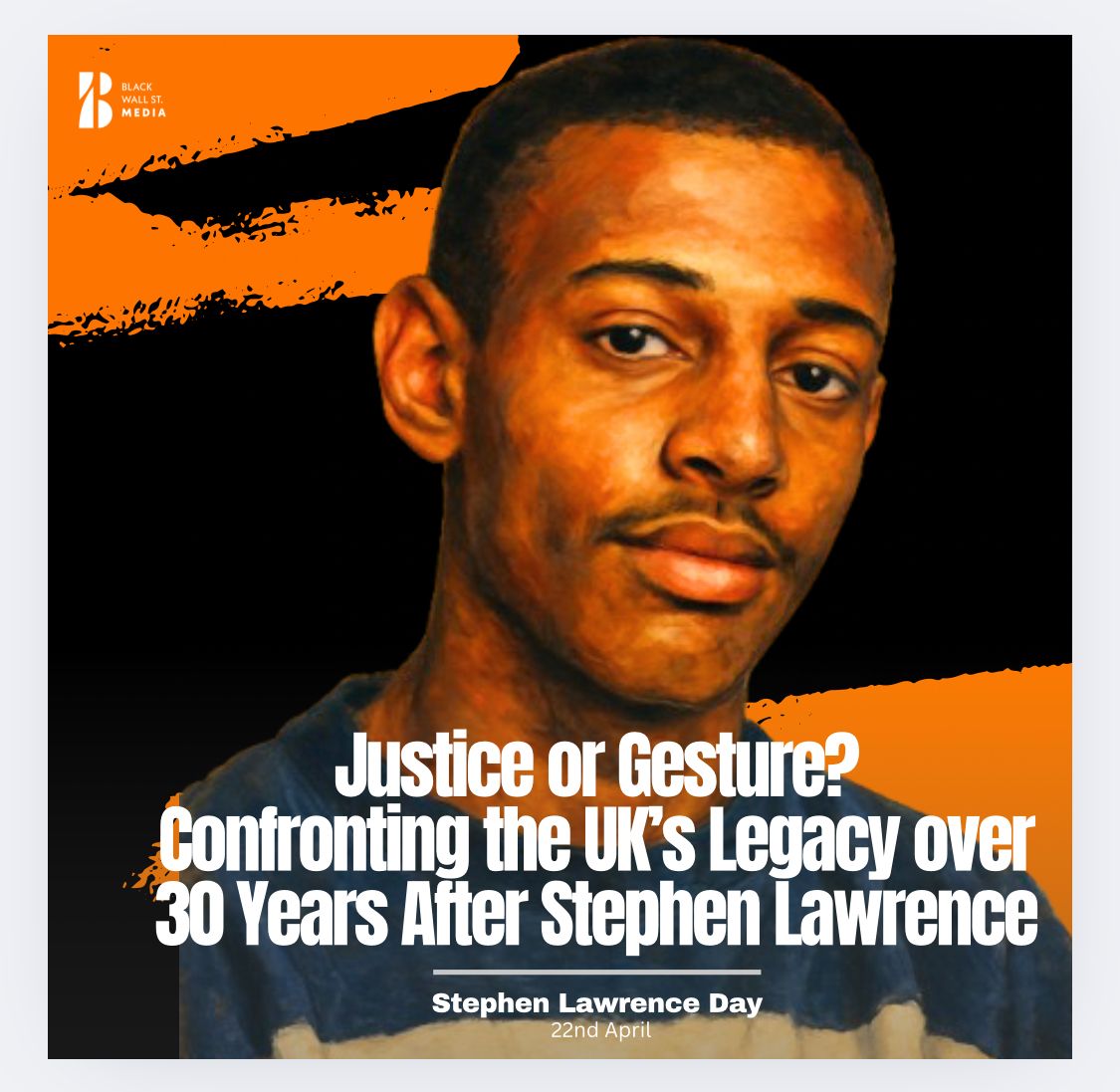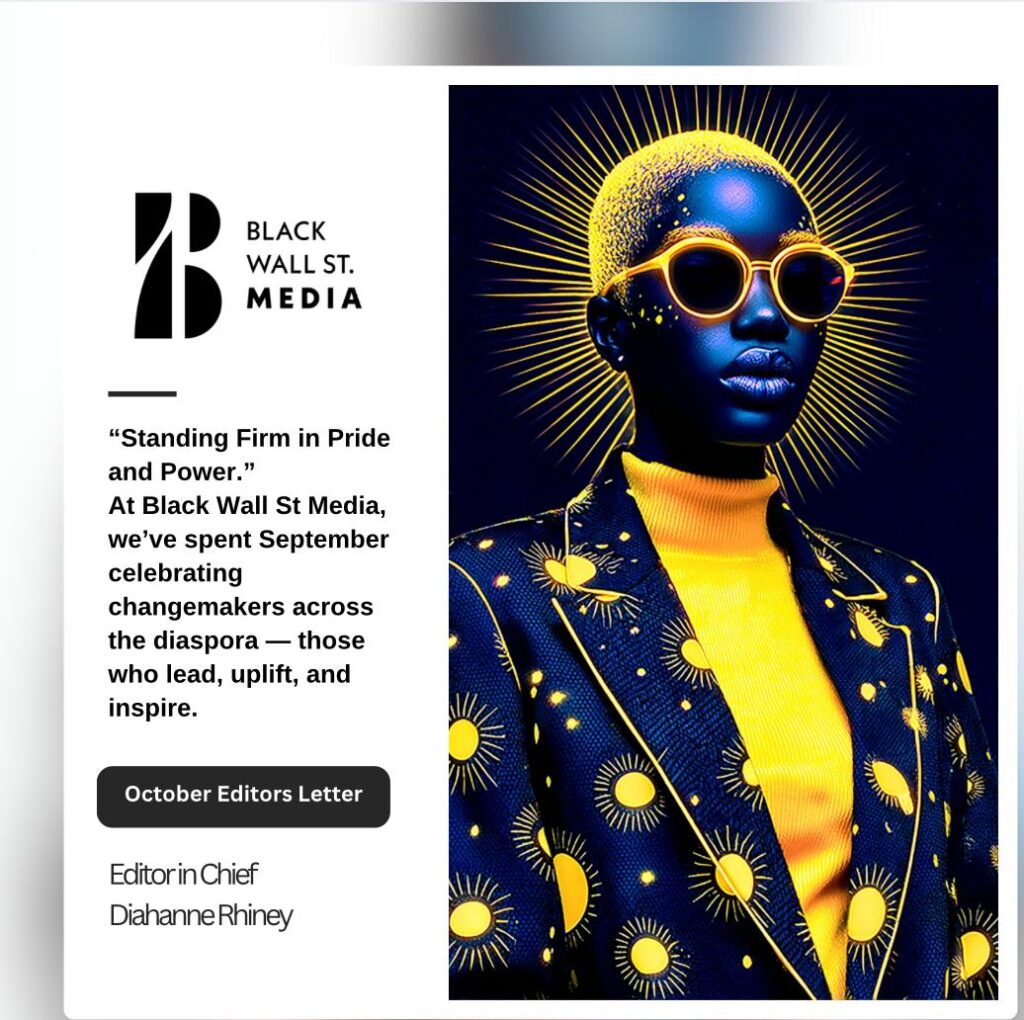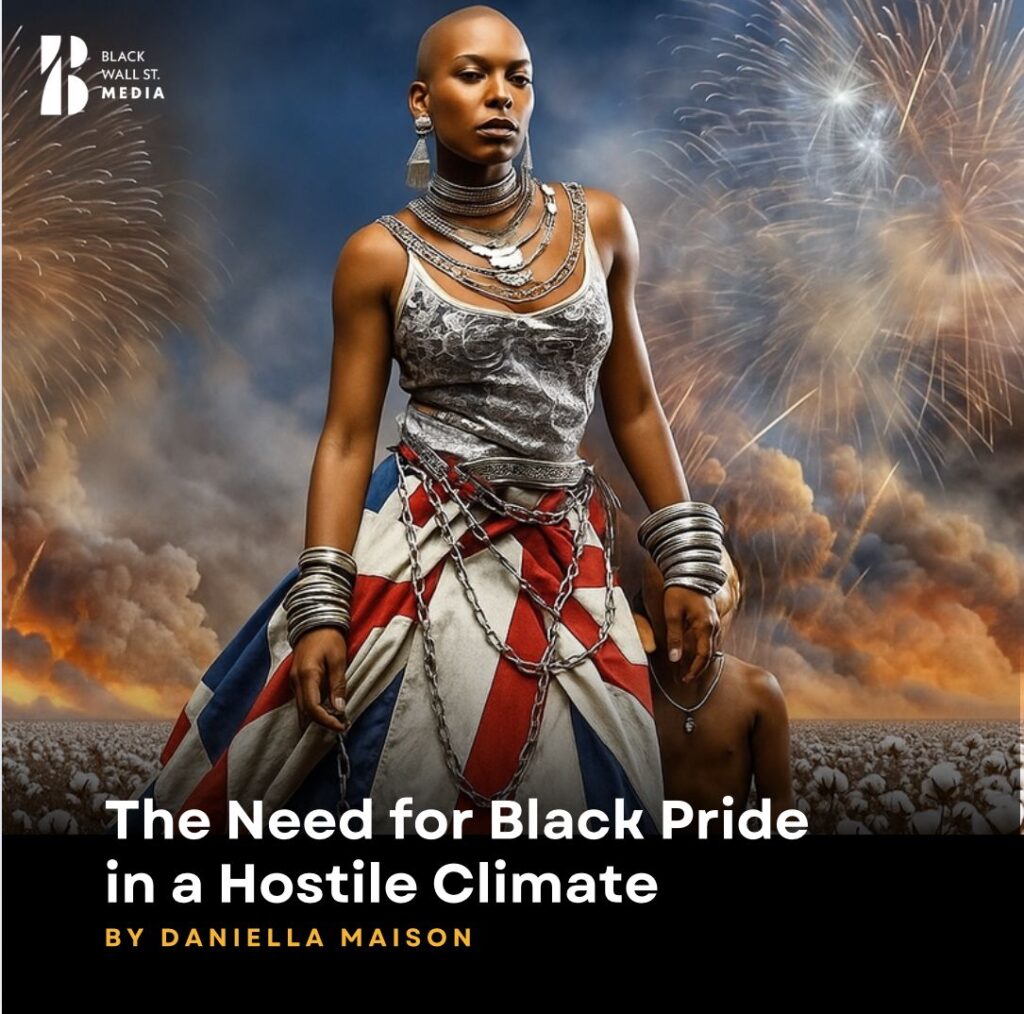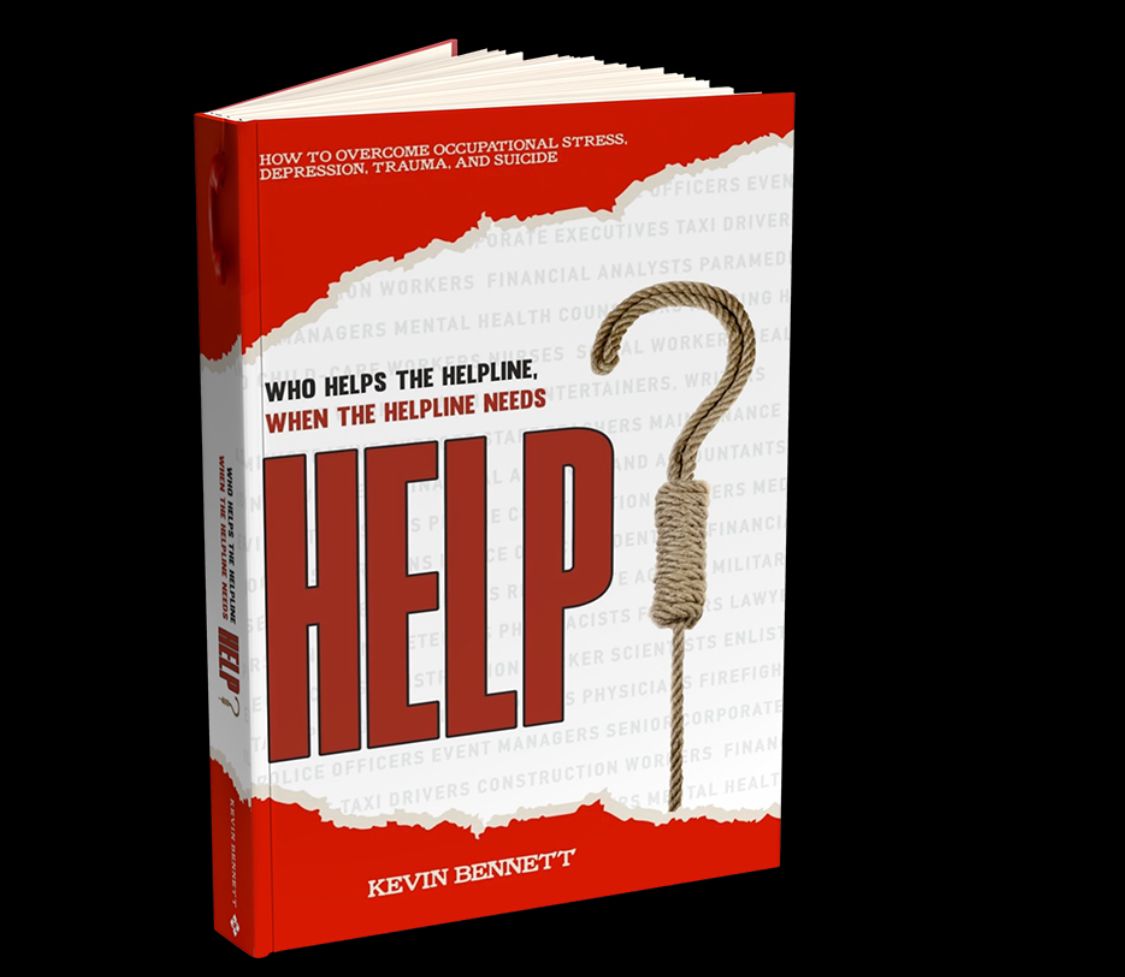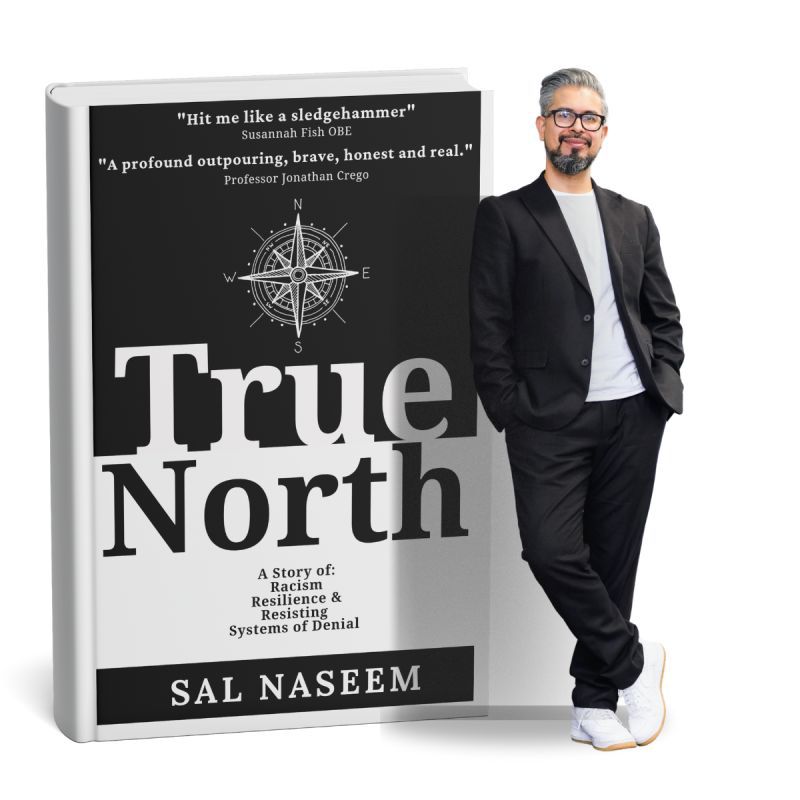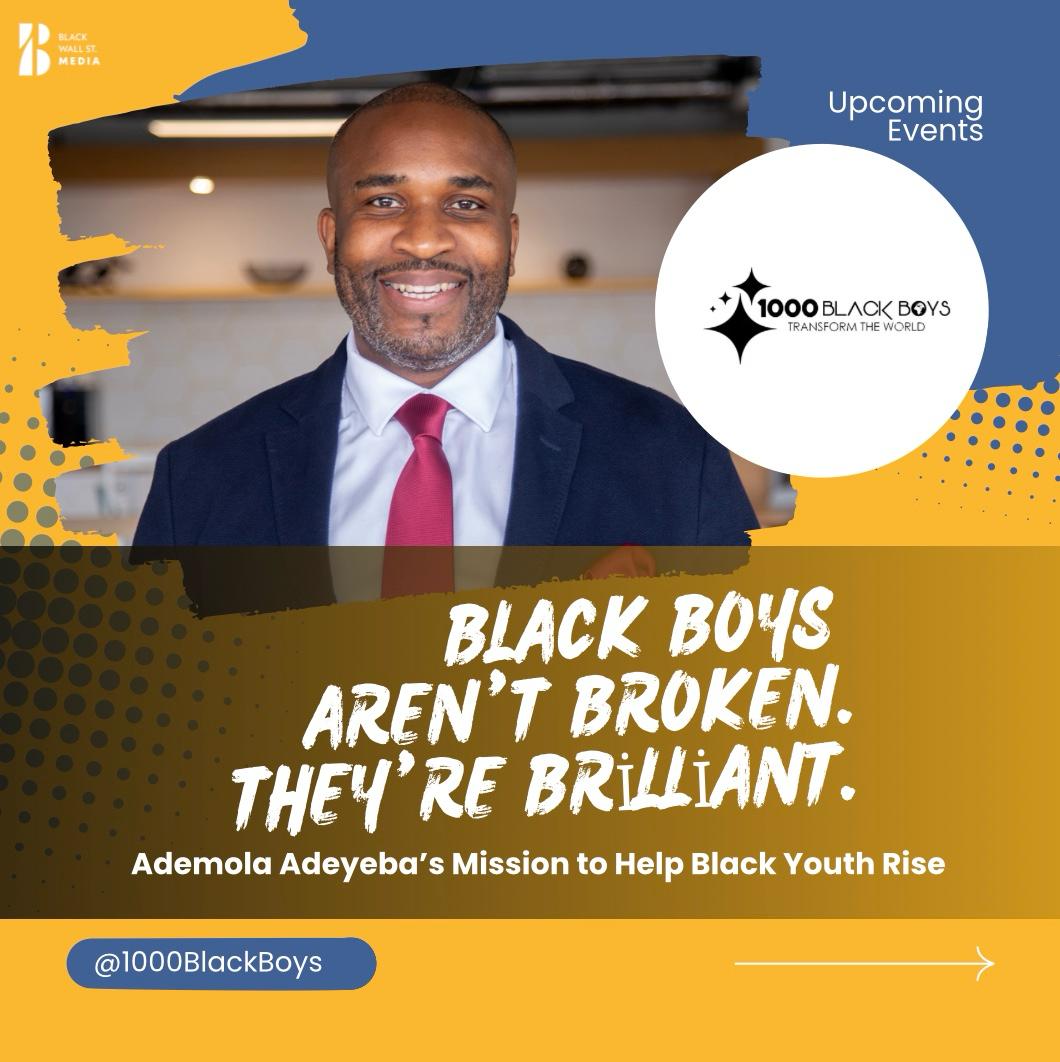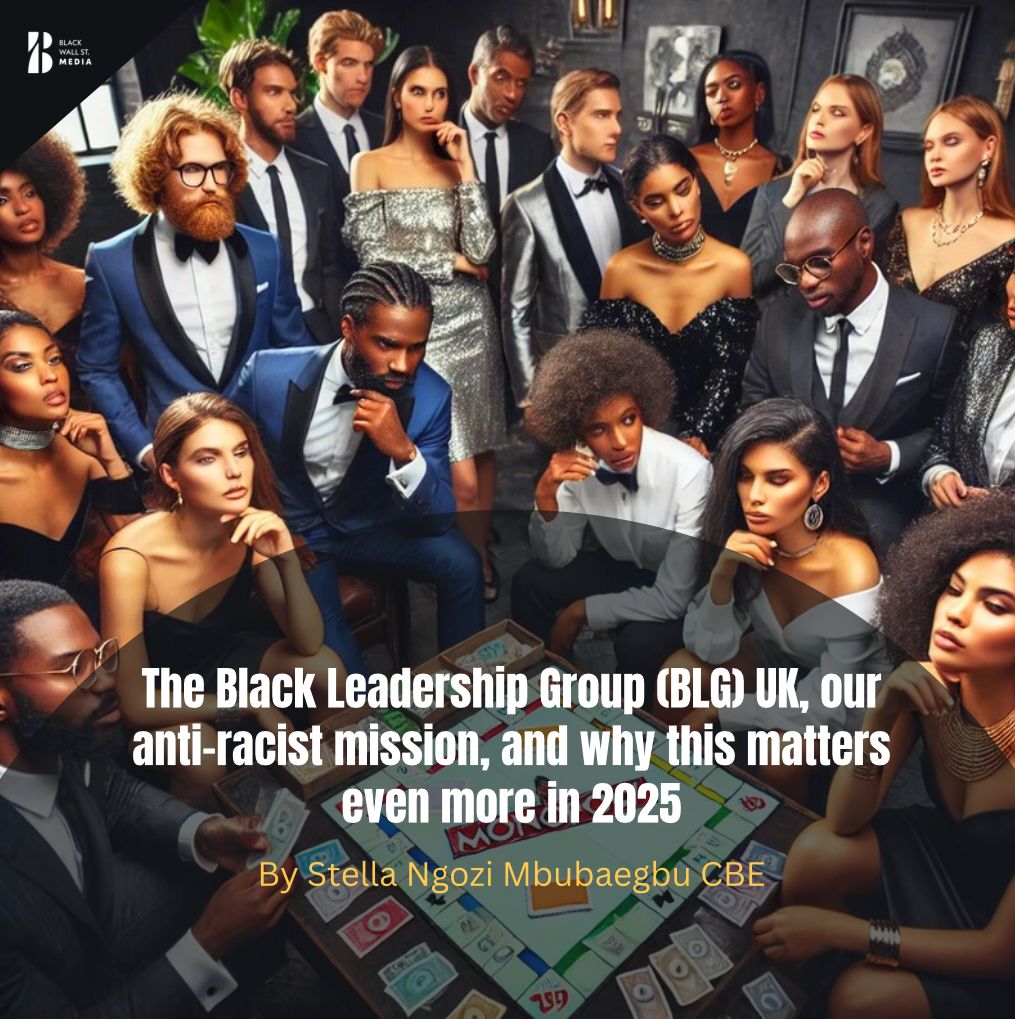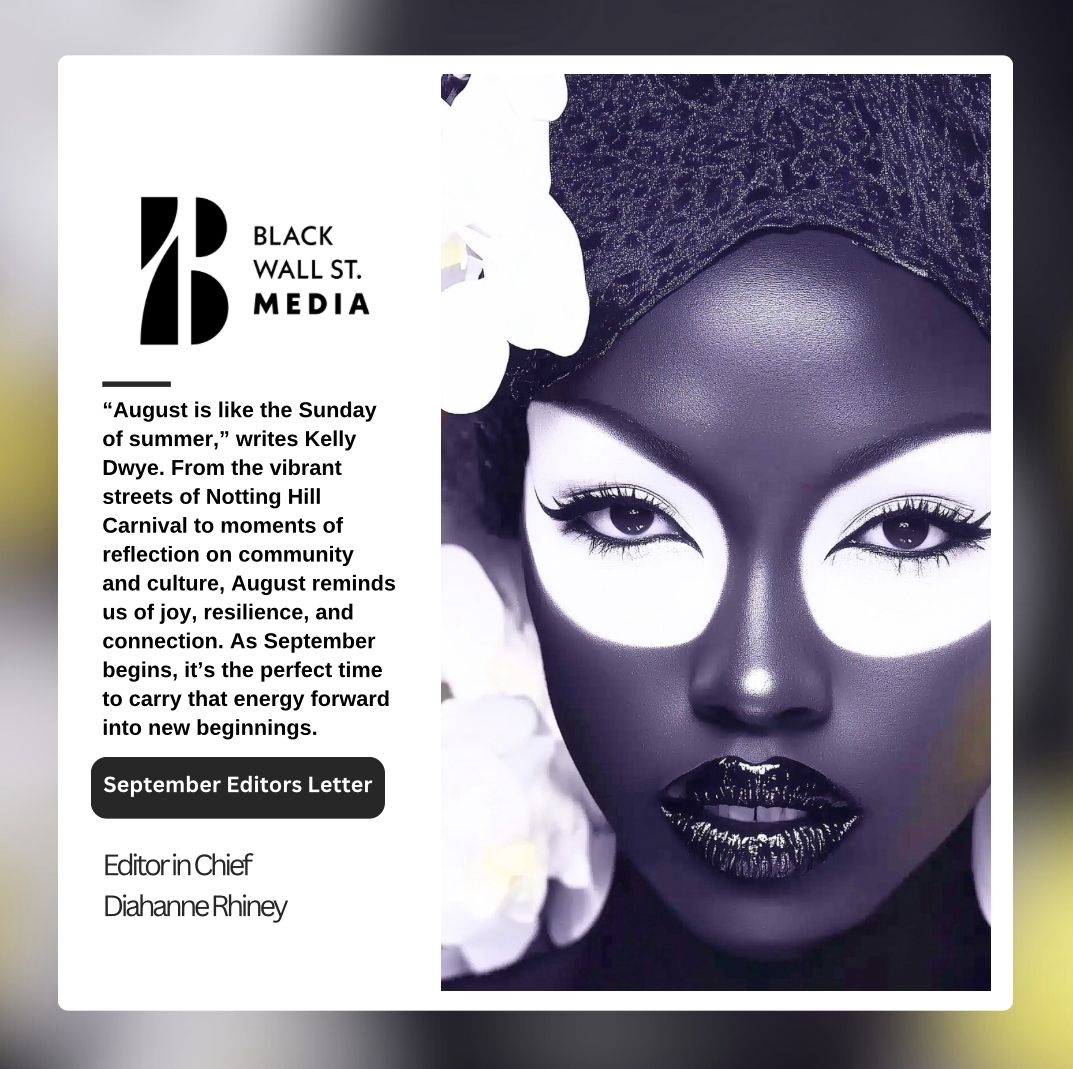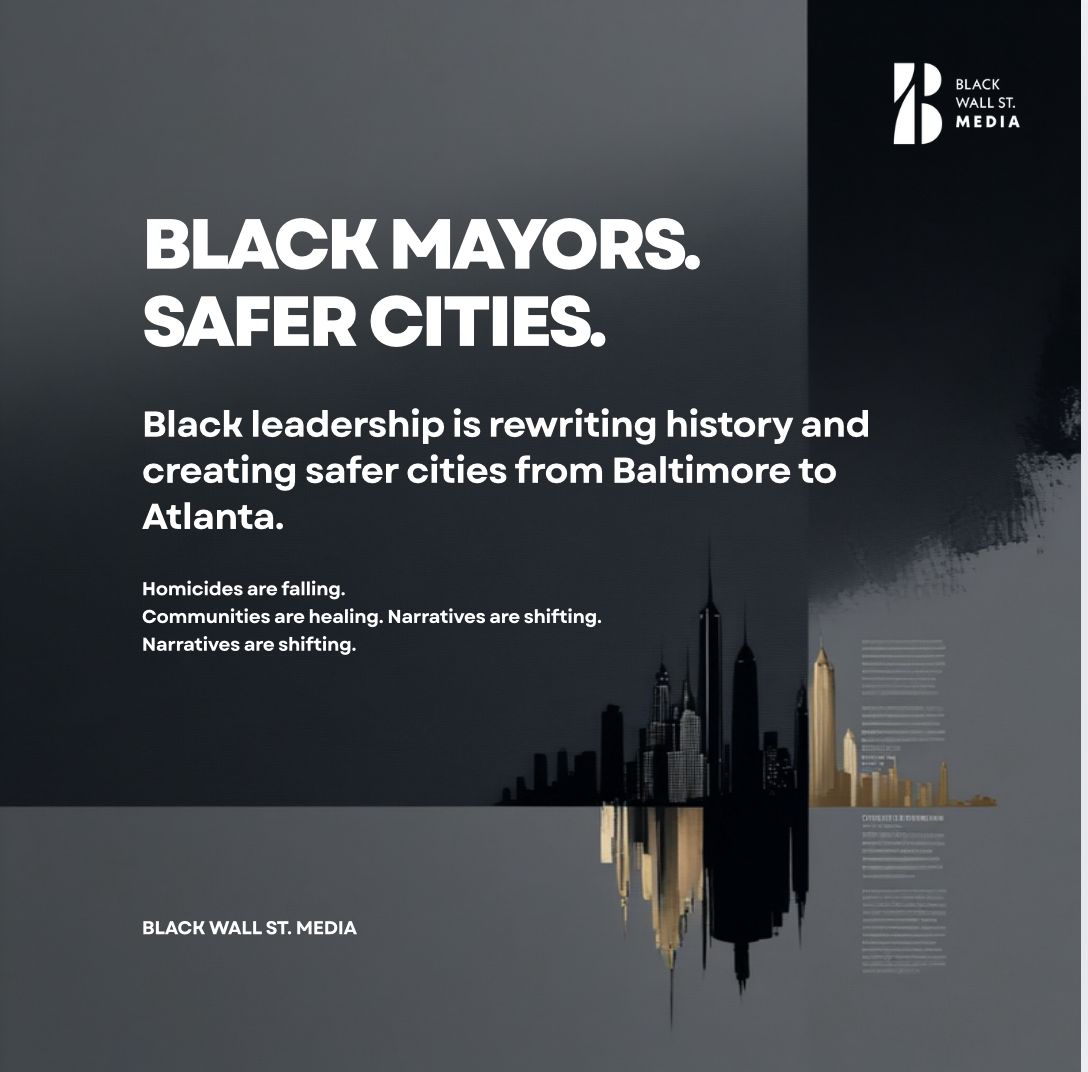Social Justice
Stephen Lawrence: A Legacy of Justice and Unfinished Work
“Stephen Lawrence’s story asks hard questions. Have we answered them? This article explores his legacy — as both a mirror and a mandate for Britain.”
BWSMContributor
A Mirror and a Mandate: How Stephen Lawrence’s Murder Reshaped a Nation
What does a nation see when it looks into the mirror? On 22 April 1993, Stephen Lawrence, a bright and ambitious Black teenager, was murdered in a racist attack while waiting for a bus in Eltham, South London. The violence was brutal, but not unfamiliar.
For many Black Britons, it echoed a painful truth — that even in the ordinary, even while doing nothing more than waiting to get home, safety could not be guaranteed.
But what followed was not simply a tragedy — it became a turning point. Stephen’s murder was a mirror, reflecting the deep racial divides in Britain, the failures of institutions sworn to protect, and the dangerous cost of systemic apathy.
But it was also a mandate — compelling a nation to listen, reform, and confront uncomfortable truths. The question is: has that mandate been honoured? A Mirror: What Did Stephen’s Death Reveal?
When the police mishandled Stephen’s case — ignoring evidence, overlooking suspects, failing to engage meaningfully with his grieving family — it exposed something far more insidious than incompetence. It revealed institutional racism — embedded bias within systems designed to serve all.
Was it the first time? No. Was it the first time Britain looked?
Yes. The Macpherson Report in 1999 named what many had long known: that the Metropolitan Police, and by extension other British institutions, were guilty not just of mistakes, but of a pattern of racial injustice. But how many other families had faced this silence before?
How many still do? Stephen’s case became a mirror for the nation — one that many were unprepared to look into. It asked questions that still hang in the air:
Who gets justice in Britain?
Who gets believed?
Who is allowed to belong?
A Mandate: What Changed — and What Hasn’t?
Stephen Lawrence’s family refused to let the system forget him. Through their relentless pursuit of justice — especially the unwavering strength of his mother, Baroness Doreen Lawrence — they turned private grief into public transformation.
The result was not just the Macpherson Report, but new policies in policing, new frameworks around hate crime, and the eventual establishment of Stephen Lawrence Day in 2018 — a national day of remembrance, reflection, and action.
But over 30 years later, we must ask: Have the institutions truly reformed?
Do Black children today feel safer, more protected, more valued than Stephen did? Is anti-racism a lived practice, or just a performative posture?
The mandate remains. And so does the work. A Legacy Not Chosen — But Carried With Grace Stephen Lawrence did not choose to be a symbol.
He wanted to be an architect. To build homes. To create spaces of safety, dignity, and beauty.
Yet through the heartbreak of his loss, he left behind a blueprint for justice — not through his death, but through what his family and community built in his name.
The Stephen Lawrence Day Foundation continues to inspire a new generation of changemakers.
It offers a vision not of victimhood, but of possibility — proof that resilience, advocacy, and collective effort can reshape even the most broken systems.
But we must remember: a legacy is not something we inherit. It’s something we build on. So we must ask ourselves:
What have we done with the gift of that legacy?
Are we building the world Stephen dreamed of?
Or are we still letting the same walls stand?
Looking Forward:
What Does the Mirror Show Us Now?
In 2024, Black people in the UK are still disproportionately stopped and searched. Racial disparities persist in education, employment, healthcare, and criminal justice.
The names have changed.
The postcode may be different.
But the struggle is familiar.
So what do we see now, three decades on?
Is the UK ready to confront the full story of its racial past and present?
Are we brave enough to move from symbolic gestures to structural change?
Can we honour Stephen not just in memory, but in momentum?
Stephen’s Story Is a Question, Not an Ending Stephen Lawrence’s murder shattered illusions.
It forced Britain to look at itself — not through rose-tinted patriotism, but through the eyes of those it had long ignored. And yet, his story also gave us a choice.
We can turn away from the mirror. Pretend we’ve come far enough. Call the work “done.” Or we can pick up the mandate.
Recommit to justice. Make sure no other family must bear the same fight alone. Because Stephen Lawrence should be 50 years old. He should be building homes. Mentoring young architects.
Watching his dreams unfold. He is not here. But he still shapes the future — through every question we dare to ask, and every act of justice we choose to make real.
So, on Stephen Lawrence Day — look in the mirror. Ask the hard questions. And then answer them with action. Let this not just be a remembrance.
Let it be a reckoning. Let it be a beginning.
#IWD25 Under the Spotlight
Young Activist Ruth Afoko is revolutionising Lives in Ghana Through Her Charity
“Meet Ruth Afoko, the young activist transforming lives in Ghana through clean water access and education! At just 15, she founded TEMIS Foundation, proving that one girl’s determination can uplift entire communities.
DANIELLA MAISONEditor of Social Cause Issues
Read more about her journey and the power of youth activism!”
“Despite these challenges, the fulfilment of seeing real impact—the smile of a child getting a school desk, a mother accessing clean water, or a young girl realising her potential—makes every obstacle worth it. The work is tough, but the reward is immeasurable.”
On this International Women’s Day, it’s my honour to shine a light on a remarkable young lady whose unwavering determination is rewriting the narrative for countless families in Ghana.
Ghana, often referred to as the “Gold Coast,” is not only famed for its cocoa that flavours the world’s finest chocolates, but it is also rich in minerals including gold and bauxite, which are essential for the smart technology we rely on every day.
As one of Africa’s most dynamic and vibrant nations, Ghana is a tapestry of rich history, cultural diversity, and economic potential. Despite this, Ghana is grappling with a sobering reality: over 24% of its population lives in poverty, with millions struggling to meet basic needs in a nation rich in resources. Access to clean water remains a dire challenge, as countless families are forced to rely on contaminated sources, a grim reality that exacerbates health crises and stifles economic potential.
In rural areas, the situation is particularly alarming, with inadequate infrastructure leaving communities isolated and vulnerable. As the government wrestles with rising inflation and fiscal instability, the most marginalised bear the brunt of these failures, their pleas for equitable resource distribution falling on deaf ears. Data from UNICEF shows that less than one in five 10-year-olds can read at a Grade 2 level.
The ongoing employment crisis, disproportionately effects women? who are already up against poverty, illiteracy, restricted legal rights, and entrenched gender roles, impeding their empowerment.
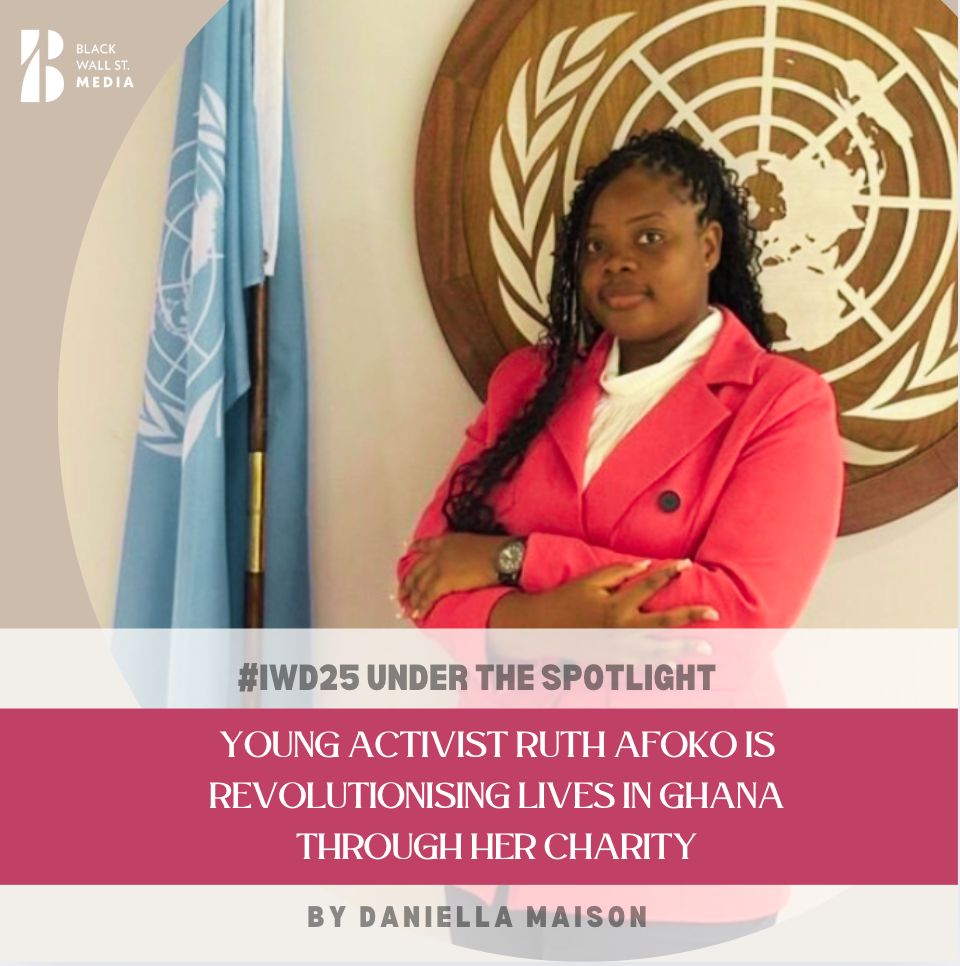
At just 15, Ruth Afoko transformed her passion for social justice into a lifeline for communities suffering from the devastating effects of water scarcity. Through her charity, TEMIS Foundation, she not only provides access to clean water, works to improve educationwhilst empowering her peers to believe in the power of change. Ruth’s mission is a powerful testament to the strength of youth activism and the profound impact one young woman can have in the fight against inequality and despair.
As she navigates challenges and champions hope, Ruth is a living example that when one girl rises, she lifts an entire community with her. Schoolchildren often lose hours of education in search of water to bathe, or fetch for their families, with s significant number arriving late or opting not to attend after walking long distances to water wells.
“For me, the answer was clear: no one should have to choose between opportunity and deprivation. I have experienced both worlds, and that dual perspective became my turning point.
Two blind people cannot lead each other, so I knew that if I had the privilege of seeing both sides, it was my responsibility to light the way for others.
My activism is driven by the belief that change starts with me.
I saw the disparities in education, access to clean water, and sustainable living conditions in my community, and I knew I couldn’t wait for someone else to fix them.
I had to take action—to not only dream of a better tomorrow but to create it.”
Ruth carves pathways through treacherous terrains, driven by an incorrigible vision. She is not merely an activist; she is a force of nature, echoing the spirit of “I rise” in every borehole she digs and every life she touches.
In a world that often overlooks the struggles of the marginalised, Ruth’s journey is a testament to the power of one young girl’s dream to quench the thirst of her people, proving that even in the face of adversity, the heart can summon the strength to change the world.
“A better future begins with the water we drink, the schools we build, and the sustainable solutions we implement. There is an unexplainable fulfilment in seeing lives transformed, and that feeling fuels me to keep going. Change is not just an idea; it is a responsibility, and I am committed to making it a reality.”
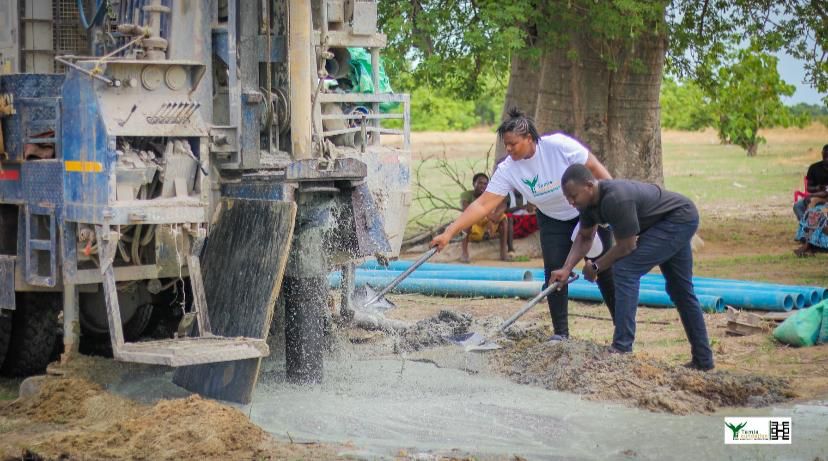
Introducing new initiatives, such as focusing on girls’ education, hygiene practices, or even sustainable farming have all sparked the ire of cultural practices and beliefs.
“It’s surprising how sometimes the good you believe you’re doing is perceived as bad, especially when it conflicts with deeply rooted cultural beliefs. I take the time to listen, learn, and engage with community leaders. By respecting traditions and working collaboratively, I turn resistance into acceptance, ensuring that change is embraced rather than imposed.”
Through her relentless efforts, she embodies the power of youth activism, serving as a salient reminder that even the smallest voices can create ripples of change that flow far and wide.
“This is a world where merit triumphs over bias—a world where every young woman can step forward without hesitation, empowered by the belief that her contributions are not only valued but essential to our collective future.
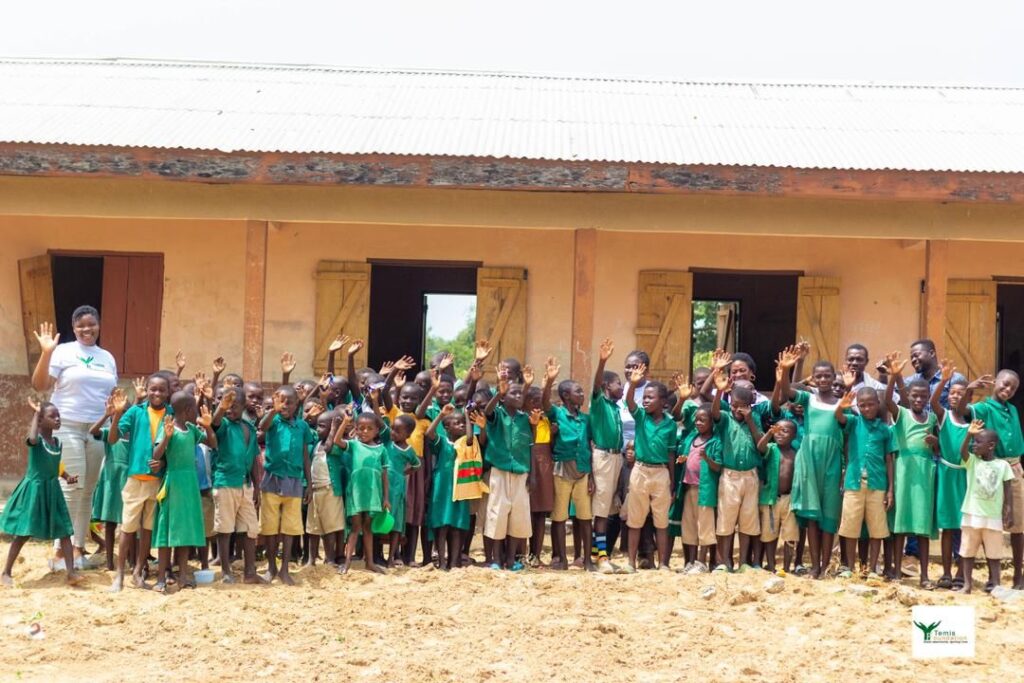
Together, we will build a society where opportunity is the birthright of every girl, and every step taken toward her dreams enriches the fabric of our global community.”

A Drop of Change
In a land where rivers run dry,
Where children search with hopeful eyes,
A girl once stood, so bold, so bright,
And vowed to bring the world more light.
With hands so young yet spirit vast,
She saw the weight of struggles past.
No girl should walk for miles in vain,
To fetch the water, filled with pain.
She carved a path, she dug the ground,
Where once was thirst, now streams abound.
Each drop a promise, clear and true,
A well of hope for futures new.
Through books and wells, through words so wise,
She lifts her sisters to the skies.
No dream too small, no fight too steep,
For those who dare, the roots run deep.
And so she stands, with strength untold,
A heart of fire, fierce and bold.
For when one girl decides to rise,
She lifts a nation to the skies.
_

